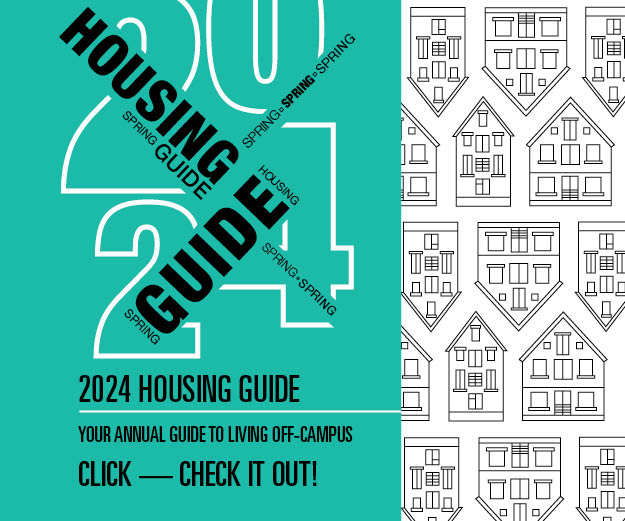Those without mental disorders have no real reason to take time out of their lives to learn about false stigmatization or process negative social commodity, so typically they don’t. It can be easier for people to believe nothing is wrong, when they use what has always been perceived as casual lingo. Certain phrases demean the lives of those with mental illness, and it’s important to evaluate the damage being done and the ways to practice simple peace.
Surprisingly, the weather is not bipolar, and someone pushing organization does not mean they have obsessive-compulsive disorder. It isn’t uncommon to hear people apply these seemingly harmless statements amidst idle conversation. The truth of the matter is that these hyperbolic phrases can be damaging and problematic to daily life for those with mental illness.
When someone tosses these medical terms into conversation as a descriptor, they push stereotypes farther into the minds of unknowing peers. For example, bipolar disorder is not a constantly changing set of emotions throughout the day as most would believe.
Bipolar disorder is experiencing the highest highs and lowest lows, known as manic episodes and depressive episodes, and they can last anywhere from hours to months on end before shifting into a different mood. Bipolar disorder on its own is a term for all the actual diagnoses, including Bipolar Disorder type I, Bipolar Disorder type II, Mixed and Cyclothymic Disorder. All may be similar but have unique symptoms.
Similar misunderstandings are common about disorders such as OCD and ADHD, both of which are used sporadically in average conversations. OCD is an anxiety disorder and the symptoms, as with any disorder, vary. OCD can be categorized into four different types; fear of contamination, prone to excessive washing; fear of potential harm or misfortune, prone to excessive checking; a strong impulsive need to have symmetry, actively arranges and/or must count “just right”; and mental rituals associated with fear of superstitious or intrusive thoughts. ADHD can be described as a condition particular to persistent hyperactivity, impulsive decisions and actions or lack of/shortened attention span.
Overall, each disorder can be easily investigated online or at the library or through having a simple, respectful conversation with a friend diagnosed with a mental disorder.
When people misuse these disorders as descriptors, they tend to use them for things often perceived as “annoying” occurrences like unfavorable weather, moods in others they deem inconvenient or unfortunate circumstances.
Having this taboo-type of thinking about disorders and implementing them into conversation makes it hard for people with mental illness to be upfront about their condition or feelings. Their world has suddenly been shut down and dismissed as soon as somebody references these medical terms in such a degrading fashion.
By trying to remove these damaging phrases from conversation and remember the false stereotypes implemented by them, friendships or relationships can flourish. The area of understanding provides a space for empathy and gives a higher chance for peace between two people.
Likewise, the overall misunderstandings of mental illness can continue to spread with overused phrasing. As soon as more people begin to think of a mental illness in a specific way, it pushes back progress made to destigmatize disorders. If the words were never spoken, the likelihood of someone developing a misrepresentation of the illness lessens.
In future conversations, it’s incredibly important to evaluate the content of what is being spoken. Getting over hurdles can be tedious, and typically people will continue to take the easier route of sticking to old habits instead. Empathy and patience with others are key to building stronger bonds and relationships, starting with abandoning a few simple phrases.

























